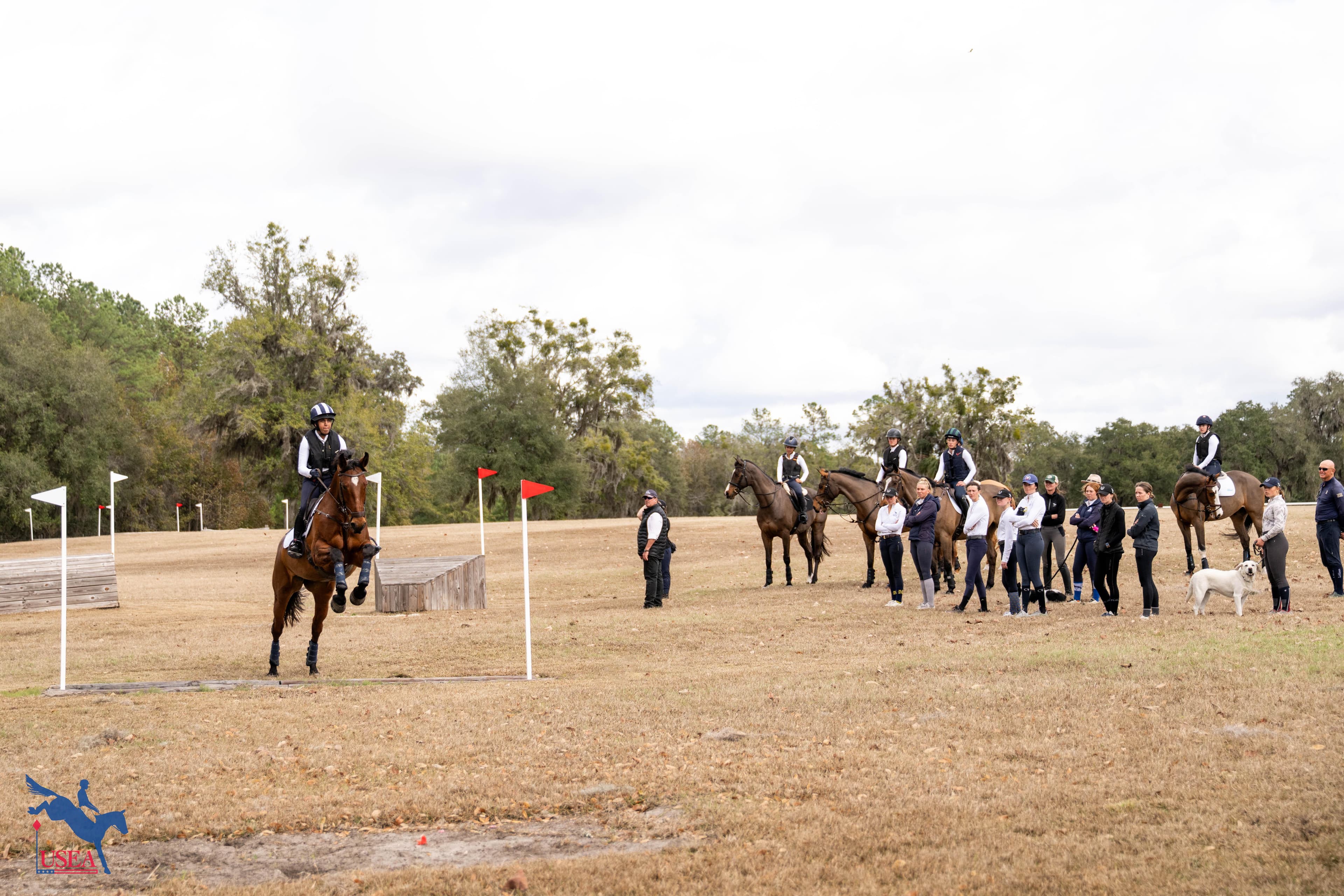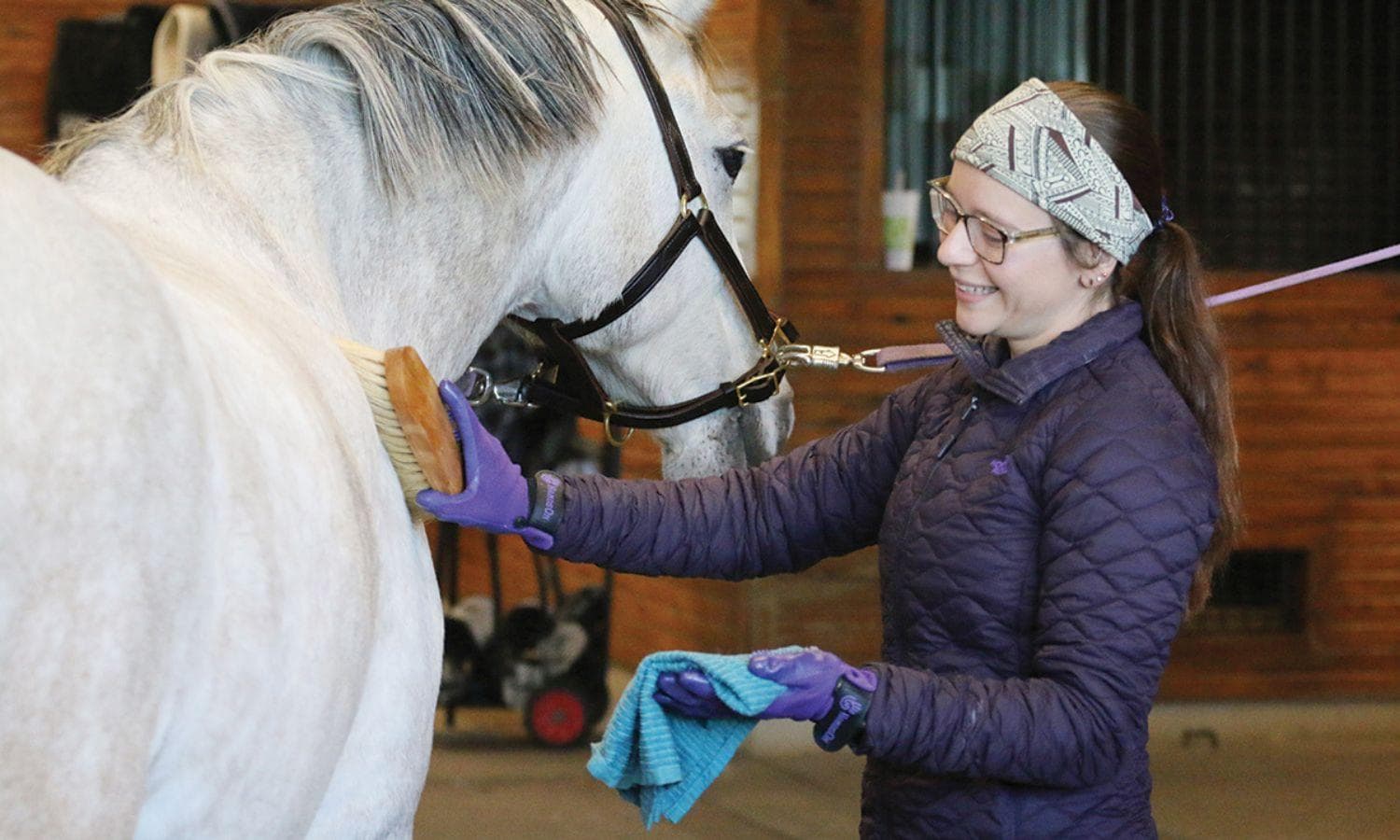USEF Board of Directors Prohibits the Use of Medroxyprogesterone Acetate

The United States Equestrian Federation (USEF) Board of Directors has voted to prohibit the use of medroxyprogesterone acetate (MPA) in horses competing in USEF-licensed competitions effective December 1, 2019.
In early 2017, USEF convened a panel of industry experts to review MPA and its use in horses competing at USEF-licensed competitions. The MPA Panel (Panel) held a workshop and a town hall meeting to gather feedback from members and veterinarians and subsequently met to review research and drug studies. The result of data analysis led to the Panel’s recommendation to require disclosure of MPA administration in competition horses. The USEF Board of Directors voted to approve the Panel’s recommendation, and the requirement to submit an MPA Disclosure Form for any horse receiving administration of MPA while competing at a USEF-licensed competition became effective September 1, 2017. Since that date, pharmacokinetic data related to MPA administration has been collected and analyzed.
On October 22, 2019, following reports of equine fatalities and anaphylaxis related to the use of MPA, USEF’s MPA Panel met to further analyze the use of MPA in horses competing at USEF-licensed competitions. The Panel reviewed a recent petition by numerous veterinarians requesting that USEF ban the use of MPA which was supported by documentation citing 23 fatalities associated with MPA use over the last three years, research on the efficacy of the substance, and the results from the collection of MPA medication reports.
The Panel determined MPA has no therapeutic use in competition horses, as it does not interrupt estrus in mares, which predicated its original use. Additionally, MPA is not approved by the United States Food and Drug Administration (FDA) for use in equines and its use has been reported and documented to be associated with several cases of anaphylaxis and fatality. As a result of this analysis, the Panel voted unanimously to recommend MPA is added to the list of USEF prohibited substances.
“In 2017, we debated the use of this substance and its efficacy, but now, with numerous fatalities associated with the use of MPA, this decision became clear: MPA must be banned,” said USEF President Murray Kessler. “I commend the Panel for confronting a difficult task that involved very strong opinions on both sides of the issue from our membership. The information clearly supports the prohibition of this substance and I am proud of the decision of the Board of Directors. USEF has a responsibility to ensure the welfare of our horses, and the loss of one horse resulting from the use of a non-therapeutic substance such as MPA is one too many.”
The Panel stressed that in addition to providing the reasons supporting their recommendation, the prohibition of the use of MPA must be enacted as quickly as possible. Starting December 1, 2019, MPA in horses competing at USEF-licensed competitions will be prohibited. However, due to the length of time involved for MPA to clear a horse’s system, sanctions for a positive test result will begin on June 1, 2020. The USEF has classified MPA as a Category III substance which has a penalty range starting at a 3-6 month suspension and a fine of $3,000-$6,000 for a first offense.














